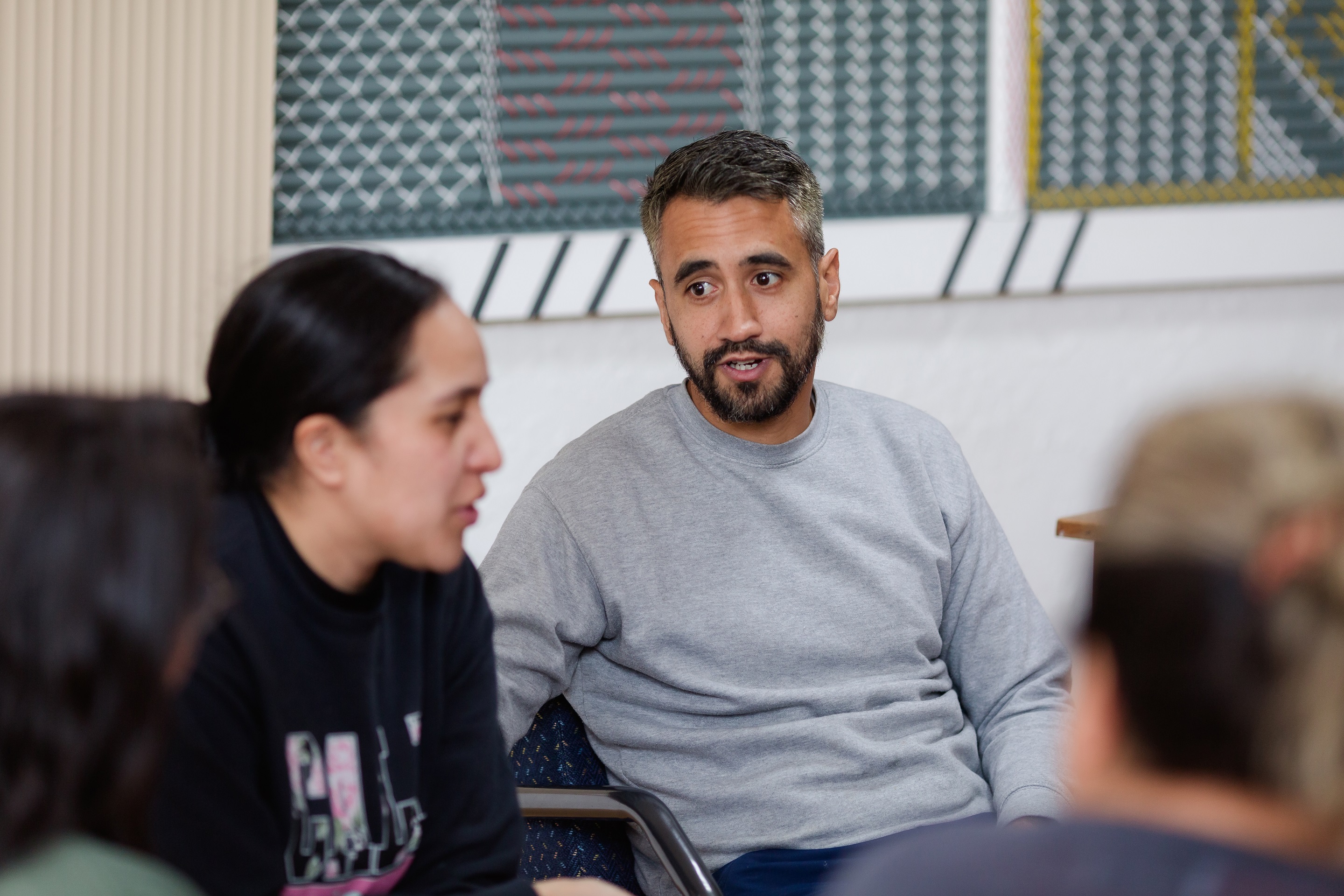Care and Protection family group conferences
The Care and Protection family group conference is a formal meeting where the whānau comes together with professionals to talk about the concerns we have for a tamaiti or rangatahi, and come up with a plan.

Just as every tamaiti is different, so is every family group conference. But what’s common is that everyone who attends is there to set aside any differences, and put the needs of the tamaiti front and centre.
Getting ready for your family group conference
The things you need to do to prepare for this important meeting.
Getting ready for your family group conference (FGC)
Discussing your strengths as a whānau
Every whānau has strengths. Knowing them can be a major asset.
Discussing your strengths as a family
Coming up with a plan
When you have a plan, it gives you something everyone can work towards.
Coming up with a plan
Published: January 15, 2020 · Updated: August 31, 2023

